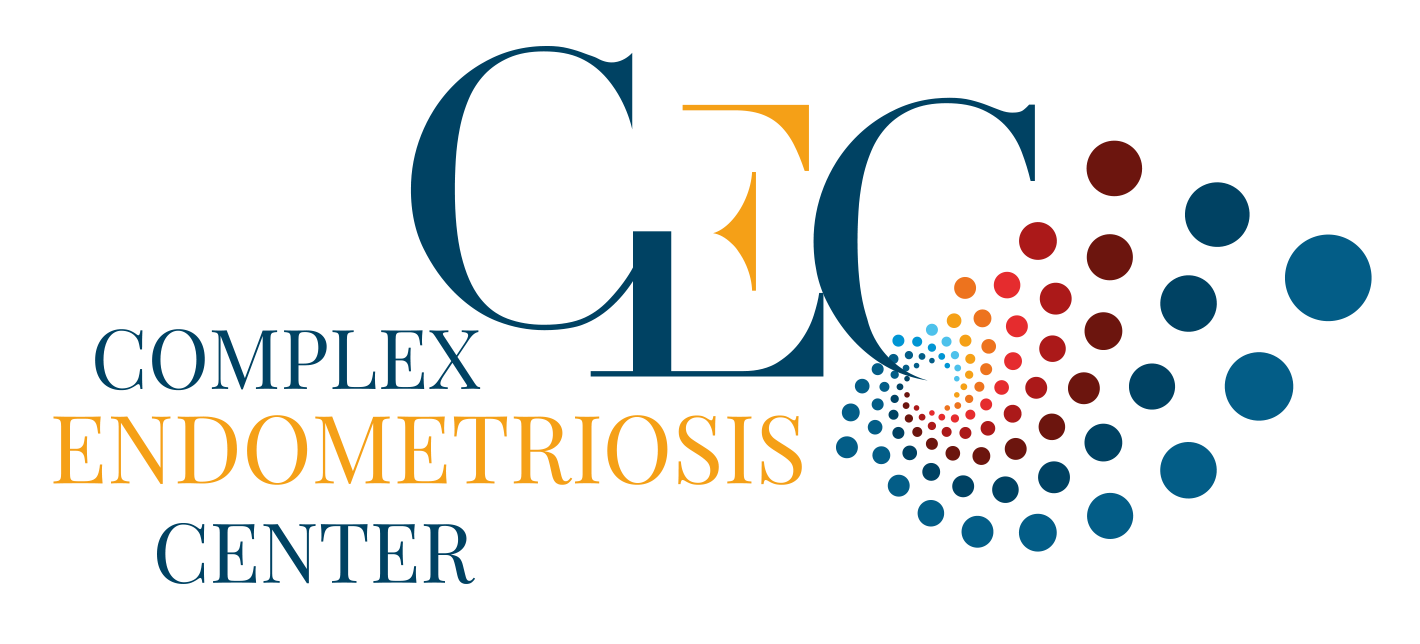Endometriosis is a gynecological disease that affects many women around the world. It is characterized by the presence of endometrial tissue outside the uterus, causing pain, discomfort and other complications. Factors can aggravate the condition, making symptoms more intense. The Complex Endometriosis Center invites you to discover these factors to better understand and live with this condition.
Endocrine disruptors
Endocrine disruptors are substances present in the environment which can interfere with the normal functioning of the hormonal system. They are suspected of aggravating endometriosis by increasing the production of estrogen, a hormone involved in the development of endometriotic lesions.
Daily exposure
Although further research is needed to confirm their role in thedevelopment of endometriosis, it is possible to limit their exposure through simple everyday actions:
- Use eco-friendly household products
- Choose cosmetics and beauty products that are free of endocrine disruptors
- Avoid plastics containing bisphenol A (BPA)
- Eat untreated food
Adopting these behaviors helps limit the impact of polychlorinated biphenyls (PCBs and dioxins) on the body, and therefore on their potential effects on the development of endometriosis.
These compounds are widely distributed in the environment as a result of various industrial activities, and are known to accumulate in the food chain.
Endometriosis, in which tissue similar to the lining of the uterus develops outside it, could be exacerbated by these pollutants. Studies have shown that PCBs and dioxins, due to their endocrine-disrupting properties, could influence hormone levels and immune function, and thus contribute to theaggravation of endometriosis.
What's more, these organic pollutants have an impact on the body as a whole. They are associated with increased risks of cancer, immune system disorders and endocrine dysfunction. This fact underlines the potential benefits for endometriosis sufferers of adopting measures to reduce this organic pollution, and therefore its impact on the pathology, via new reflexes and daily habits.
Stress
Although no link has yet been demonstrated between stress and endometriosis, effective management of these negative emotions has a significant influence on the feeling of well-being, which is crucial in the case of severe endometriosis-related symptoms.
Chronic stress tends to aggravate inflammatory symptoms and exacerbate the pain and discomfort associated with this disease. Relaxation techniques, such as meditation or yoga, can reduce stress and its negative effects, and mitigate the consequences of endometriosis on the anatomical environment.
Healthy stress management is therefore a key factor in improving quality of life for sufferers.
Stress management
To reduce the adverse effects of endometriosis on pelvic muscle contractures, stress management techniques may be of interest:
- Regular physical activity
- Meditation or yoga
- Relaxation or massage sessions
- Maintaining adequate sleep quality
Feeding
An unbalanced diet may be responsible for worsening the symptoms of endometriosis. In particular, certain foods are known to be pro-inflammatory and thus have a negative impact on the symptoms associated with this disease.
Foods to avoid
The following foods should be avoided or limited:
- Saturated and trans fats
- Refined sugars
- Excessive alcohol and caffeine consumption
- Red meats and cold cuts
- Processed foods
Preferred foods
On the contrary, certain foods are beneficial in combating inflammation and thus promoting better management of endometriosis symptoms:
- Fresh fruit and vegetables, rich in antioxidants, especially red fruit (blueberries, blackberries, strawberries, blackcurrants, etc.).
- Oily fish, sources of omega-3 fatty acids
- Dietary fibre, which improves digestive function
- Lactose-free dairy products, less irritating for the gut
Smoking
Smoking is a potentially aggravating factor in endometriosis pain. Cigarette smoke contains numerous toxic substances that interact with the hormonal and immune systems. It is advisable to avoid smoking or exposure to passive smoke to limit the harmful effects on health.
Underweight
Finally, a low body mass index (BMI) can have a negative impact on the progression of endometriosis. In fact, underweight is often linked to an unbalanced diet and inadequate nutrient intake. Adopting a healthy, balanced diet and an active lifestyle can help maintain good health and slow the progression of the disease.
Beyond this, it is essential to follow the advice of your specialist practitioner on a regular basis. As each woman is unique, personalized follow-up means that recommendations can be adapted to her specific profile, to help her live better with endometriosis.
